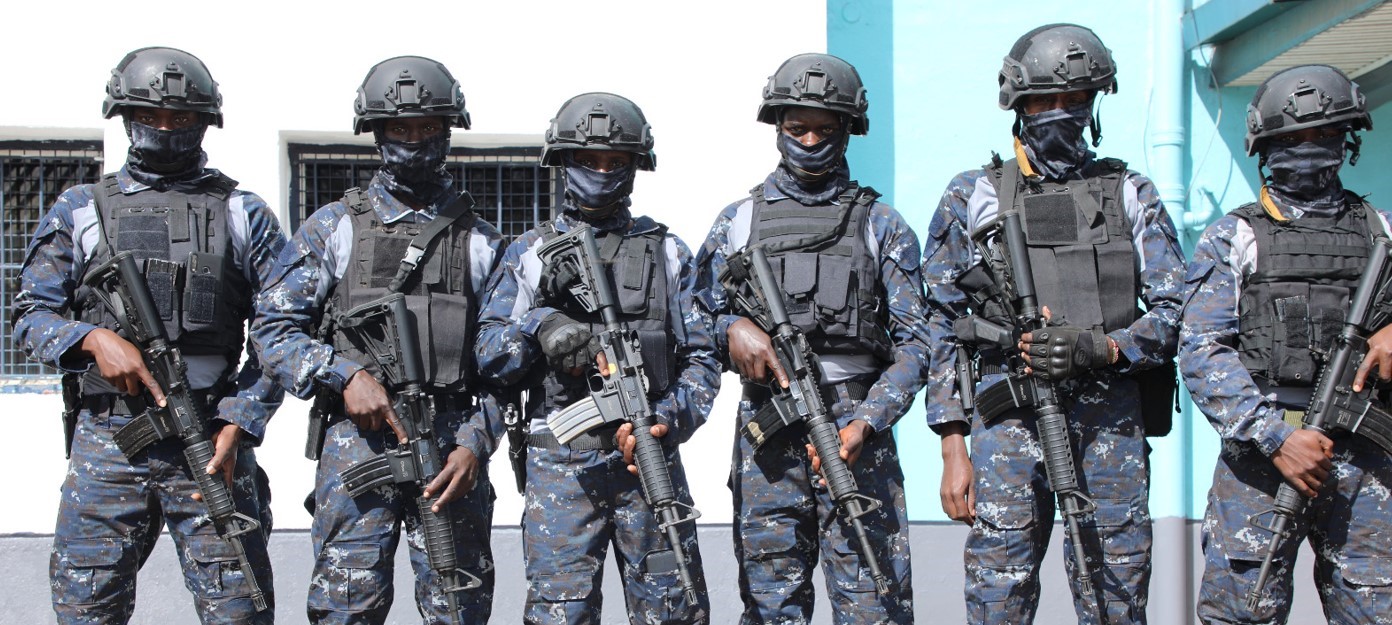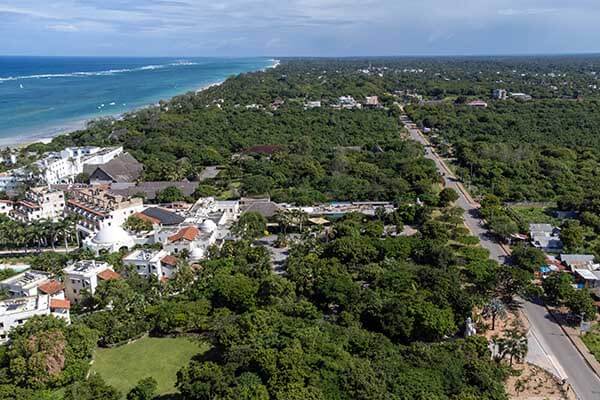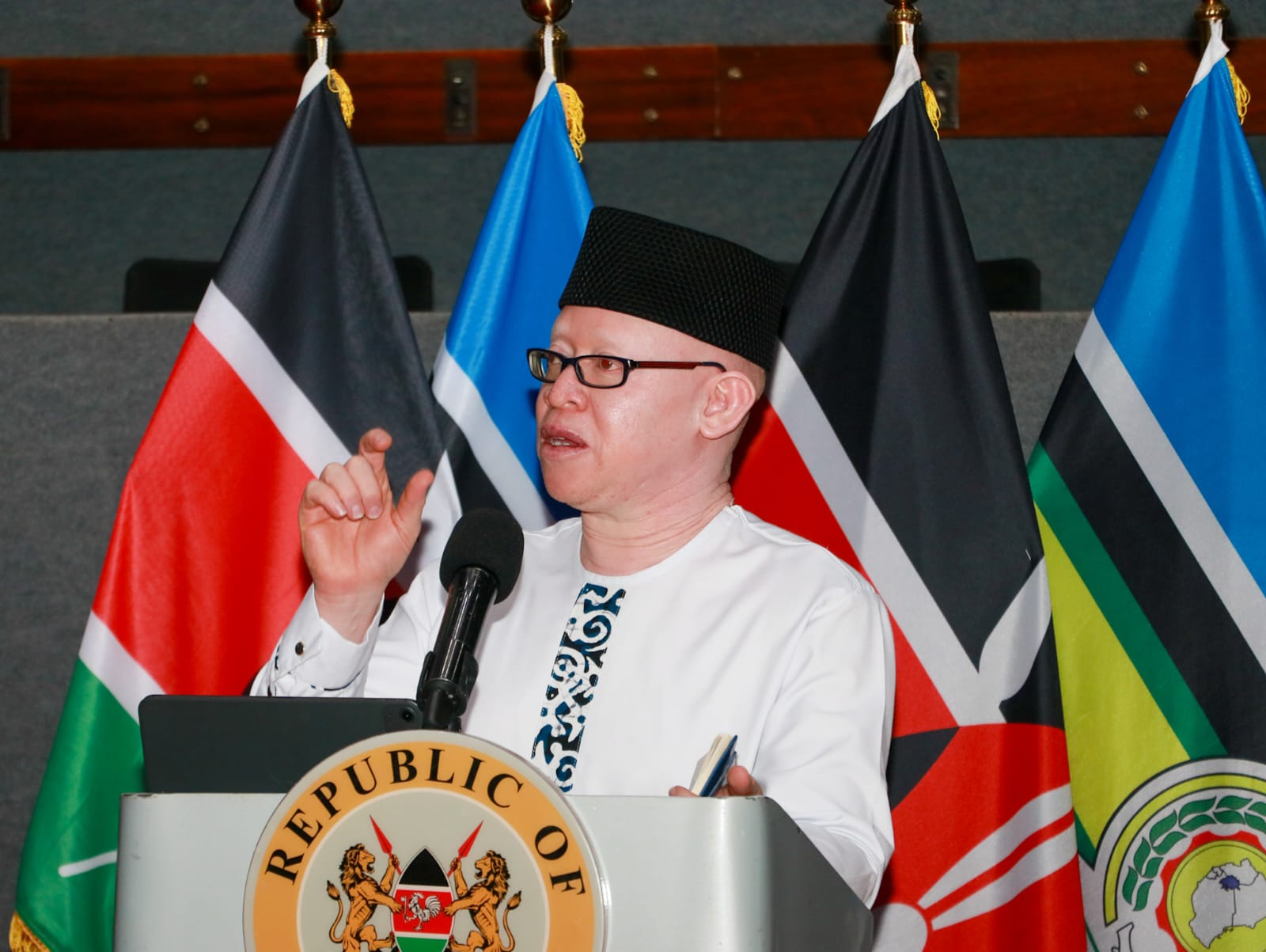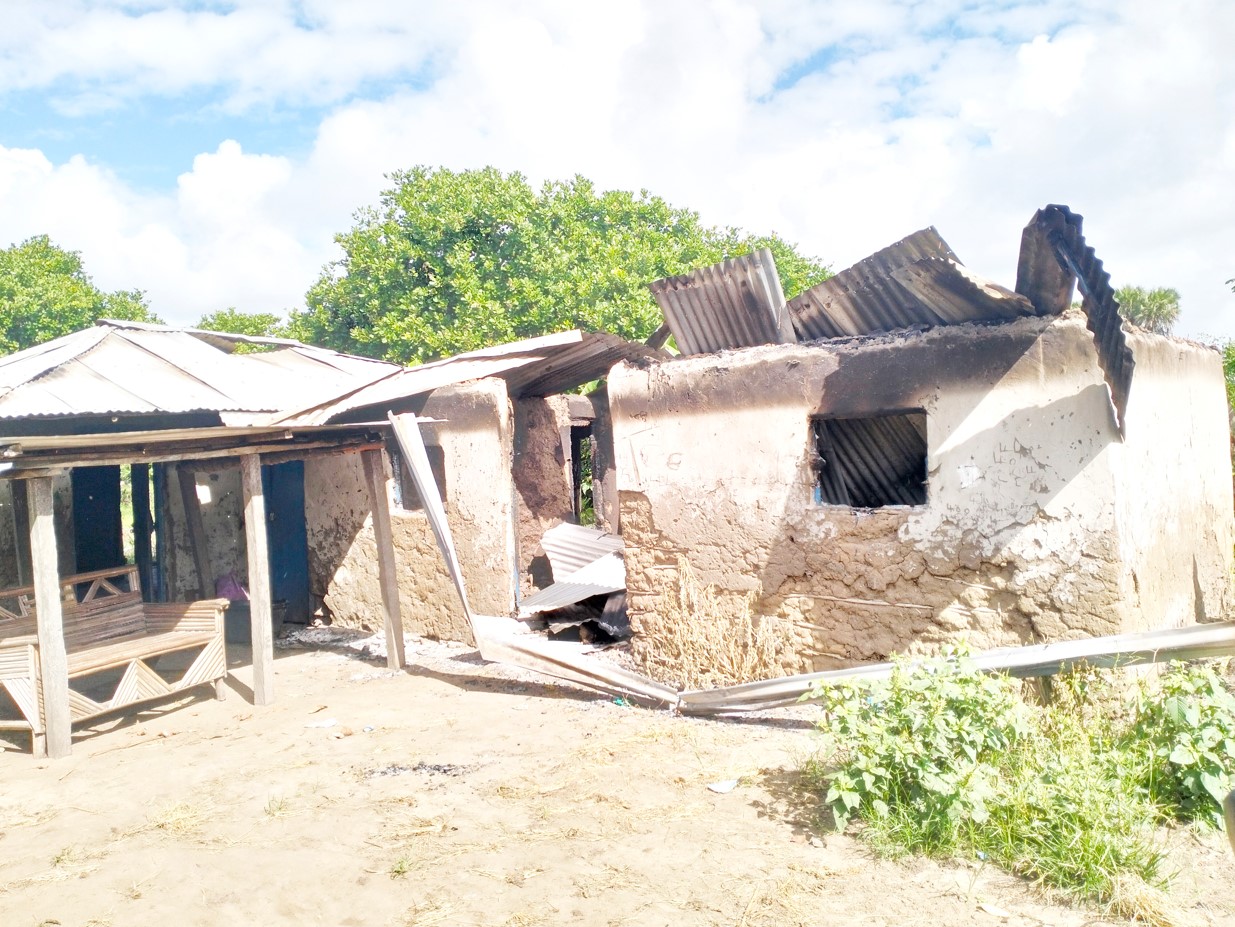Trust deficit hinders prevention of violent extremism at the coast

By Mary Wambui |
Kilifi, Kwale, Mombasa, and Lamu, common socioeconomic and political factors have contributed to increased radicalisation and recruitment to violent extremist (VE) groups, including Al Shabaab and the Islamic State in Syria (ISIS).
The trust deficit between communities and security agencies has been attributed as a leading barrier to the implementation of whole-of-government and whole-of-society approaches to the prevention and countering of violent extremism in Kwale, Kilifi, Mombasa, and Lamu Counties.
This is according to the Centre for Human Rights and Policy Studies (CHRIPS) latest policy brief titled Community-centred collaboration to prevent and counter violent extremism, which examines the progress and barriers in implementing whole-of-government and whole-of-society approaches to Preventing and Countering Violent Extremism (PCVE) in the aforementioned counties.
Keep reading
It notes that in Kilifi, Kwale, Mombasa, and Lamu, common socioeconomic and political factors have contributed to increased radicalisation and recruitment to violent extremist (VE) groups, including Al Shabaab and the Islamic State in Syria (ISIS).
"These include prolonged unresolved conflicts, ethnic, national, and religious discrimination, historical hostilities between identity groups, political exclusion, socio-economic marginalisation, poor governance, repression, corruption, unemployment, inequality in access to resources and services, a lack of rule of law, and human rights violations," the brief states.
Some have been lured through monetary enticements, a sense of purpose, adventure, belonging, acceptance, and status by agents acting both online and offline.
"Given the complexity of violent extremism across the four counties, collaboration among multiple state and non-state actors is critical. Partnership in designing PCVE responses is essential; thus, whole-of-government and whole-of-society approaches are still relevant in the Kenyan context," it adds.
The report notes that in the counties, the implementation of County Action Plans for Preventing and Countering Violent Extremism and whole-society approaches vary due to political will, capacity gaps, resource availability, and the inclusion of non-state actors like civil society.
 A file photo of Mombasa County. (Photo: Handout)
A file photo of Mombasa County. (Photo: Handout)
"County governors have shown limited support for the PCVE agenda. While county commissioners and governors are meant to align national and county-level objectives, policies, and initiatives on security and PCVE, the experiences have not been streamlined, and the extent to which this happens varies considerably from county to county."3
Why the disparity?
This is because security is still largely viewed as a national government function, leading to suboptimal county investment in preventive measures.
Efforts are underway to bridge this gap by integrating Preventing and Countering Violent Extremism (PCVE) programming into the County Integrated Development Plans (CIDP) across the four counties.
"This integration aims to secure more resources and align PCVE interventions with county development priorities. Additionally, there are efforts to mainstream PCVE within various national government affirmative funds, such as the Uwezo Fund," the brief says.
It further indicates that the low trust between the communities and state agencies hinders desired engagements, especially regarding information sharing.
Trust deficits have also impeded initiatives like community policing and Nyumba Kumi (ten household structures), which are meant to co-deliver security. Historical mistrust of security agencies further hampers their functioning," the brief shows.
"Nyumba Kumi is often perceived as a tool for gathering information and 'spying'. There have been accusations of police using their relationship with Nyumba Kumi leaders to arbitrarily target and kill young people on suspicion of petty crime. Additionally, elders and Nyumba Kumi members have been targeted and killed for cooperating with security actors in places like Kwale," it adds.
 An aerial view of Kwale County. (Photo: Kwale County Government)
An aerial view of Kwale County. (Photo: Kwale County Government)
Recommendations
The report recommends that trust-building efforts should focus on collaboration and coordination to deploy comprehensive strategies that enhance community resilience to radicalisation and recruitment into violent extremist groups.
It further calls for improved contextualising of women's role in violent extremism to empower communities to disrupt recruitment networks, respect human rights, and promote gender-responsive approaches that are necessary to address this issue.
"Most studies on women's participation in armed groups tend to define women in relation to men, focusing narrowly on traditional roles such as mothers, sisters, wives, or lovers of male members or leaders of these groups.
This is despite women having played direct roles in recruitment and using their coercive nature to recruit. However, some join the group involuntarily.
"Some are motivated by ideological beliefs, desire for adventure, status, or perceived grievances against the government or society. Recruiters target marginalised, disenfranchised, or vulnerable women and girls facing difficult circumstances such as poverty, violence, social ostracisation due to relational issues (i.e., divorcees), or a lack of opportunities. These individuals may be more susceptible to recruitment due to their desperate circumstances and search for belonging or purpose."
Reader comments
Follow Us and Stay Connected!
We'd love for you to join our community and stay updated with our latest stories and updates. Follow us on our social media channels and be part of the conversation!
Let's stay connected and keep the dialogue going!












